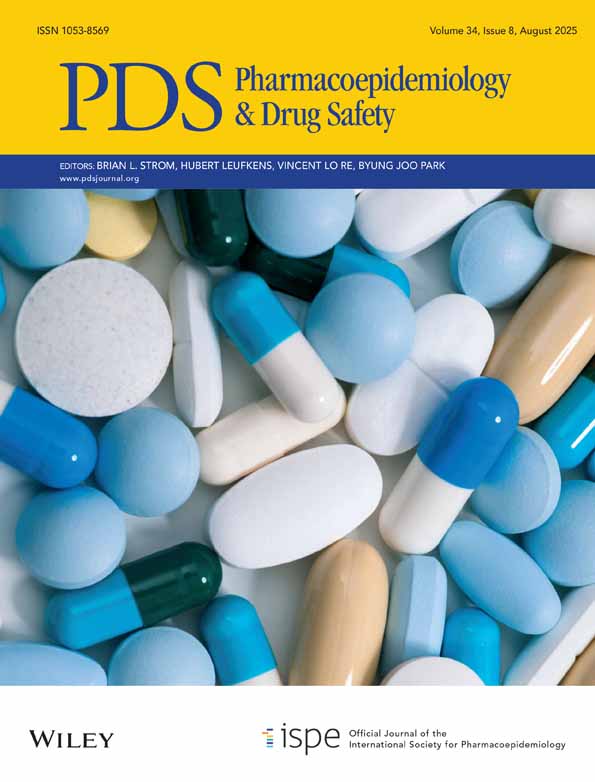Aspirin increases mortality in diabetic patients without cardiovascular disease: a Swedish record linkage study†
There were no conflicts of interest.
Abstract
Purpose
Aspirin is effective in secondary prevention of cardiovascular disease. The results are less convincing when aspirin is used for primary prevention even in high-risk patients (i.e., patients with diabetes). We therefore analyzed the effect of aspirin on mortality and serious bleeding in diabetic patients with and without cardiovascular disease.
Methods
We performed a record linkage study of the patient registry of the Västra Götaland region in south-western Sweden, the Swedish mortality register and the Swedish register of dispensed drugs. All diabetic patients (n = 58 465) from 1 July 2005 to 30 June 2006 were followed up with respect to bleeding until 31 October 2006, and mortality until 31 December 2006.
Results
When 19 confounding factors (diseases and interventions) were assessed, aspirin significantly increased mortality in diabetic patients without cardiovascular disease from 17% (95% confidence interval; 95%CI, 1–36) at age 50 years to 29% (16–43) at age 85 years. In contrast aspirin tended to decrease mortality among elderly diabetic patients with cardiovascular disease. Theoretical calculations indicated that aspirin caused 107 excess deaths among diabetic patients without cardiovascular disease and prevented 164 deaths among diabetic patients with cardiovascular disease. Aspirin also increased the risk of serious bleeding by 46% (95%CI, 22–75) in diabetic patients without cardiovascular disease but decreased the risk among those with cardiovascular disease.
Conclusion
Aspirin use in diabetes patients without cardiovascular disease remains controversial and current guidelines should be revised until results from ongoing large randomized controlled trials become available. Copyright © 2009 John Wiley & Sons, Ltd.




